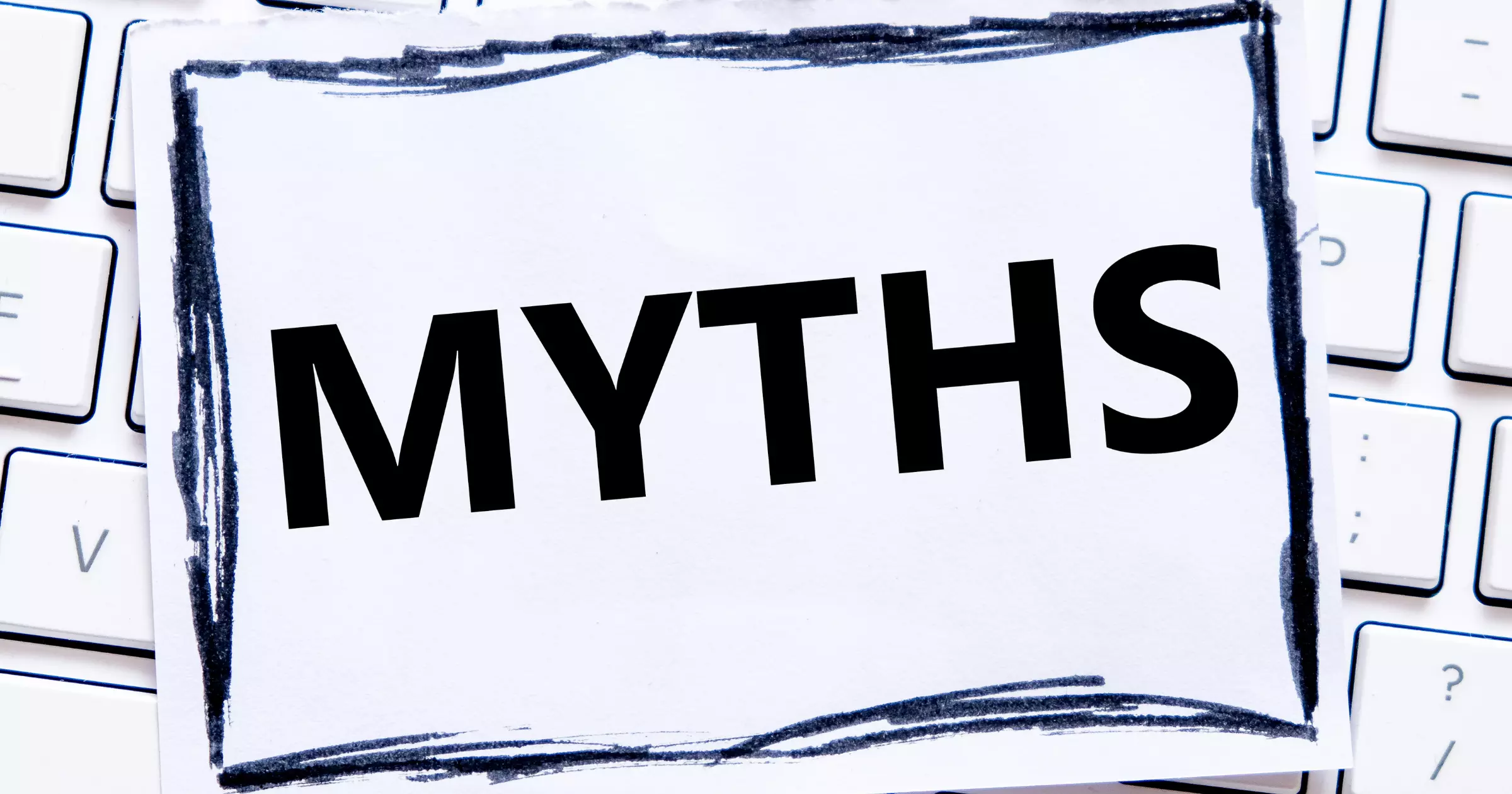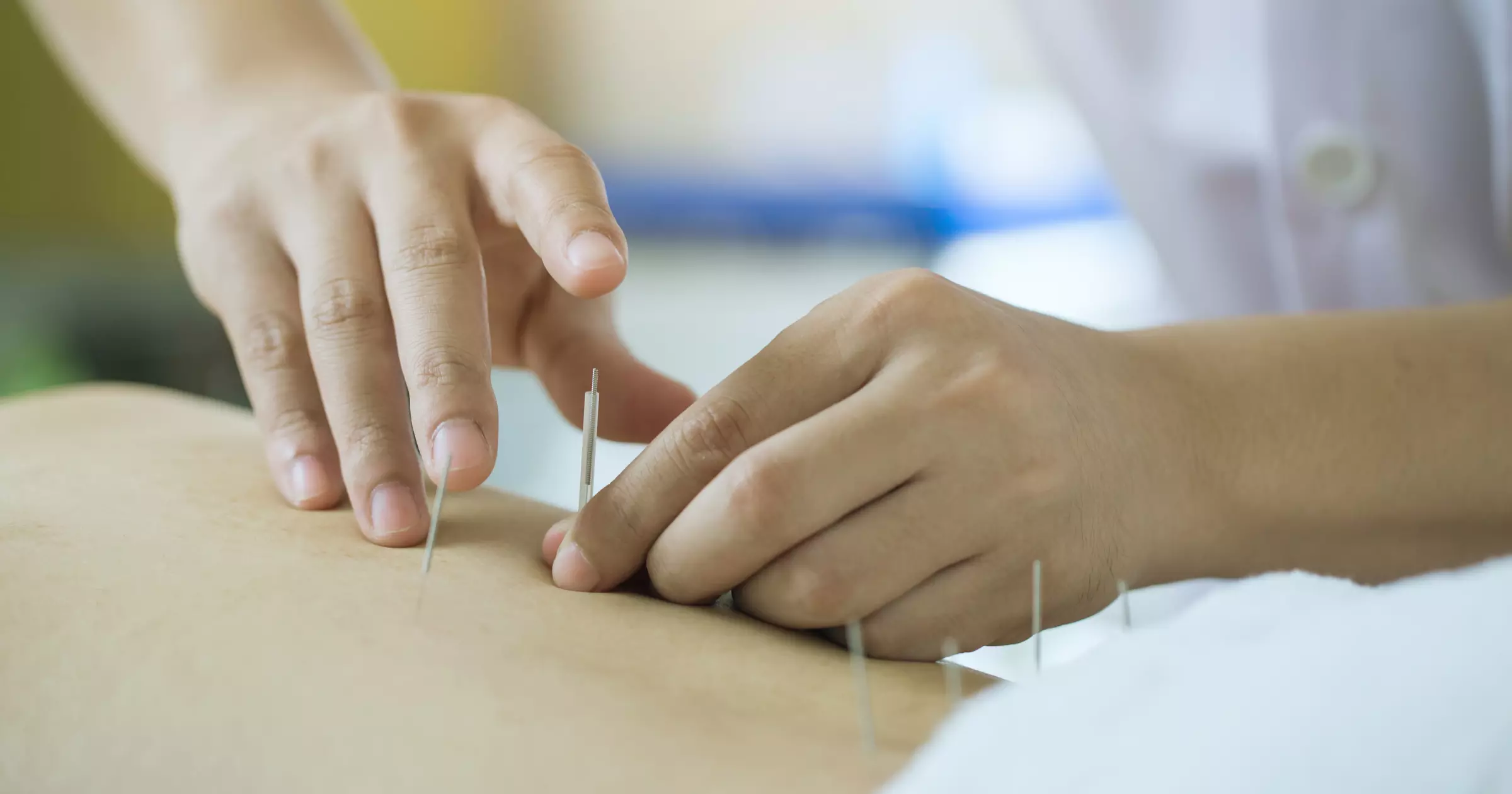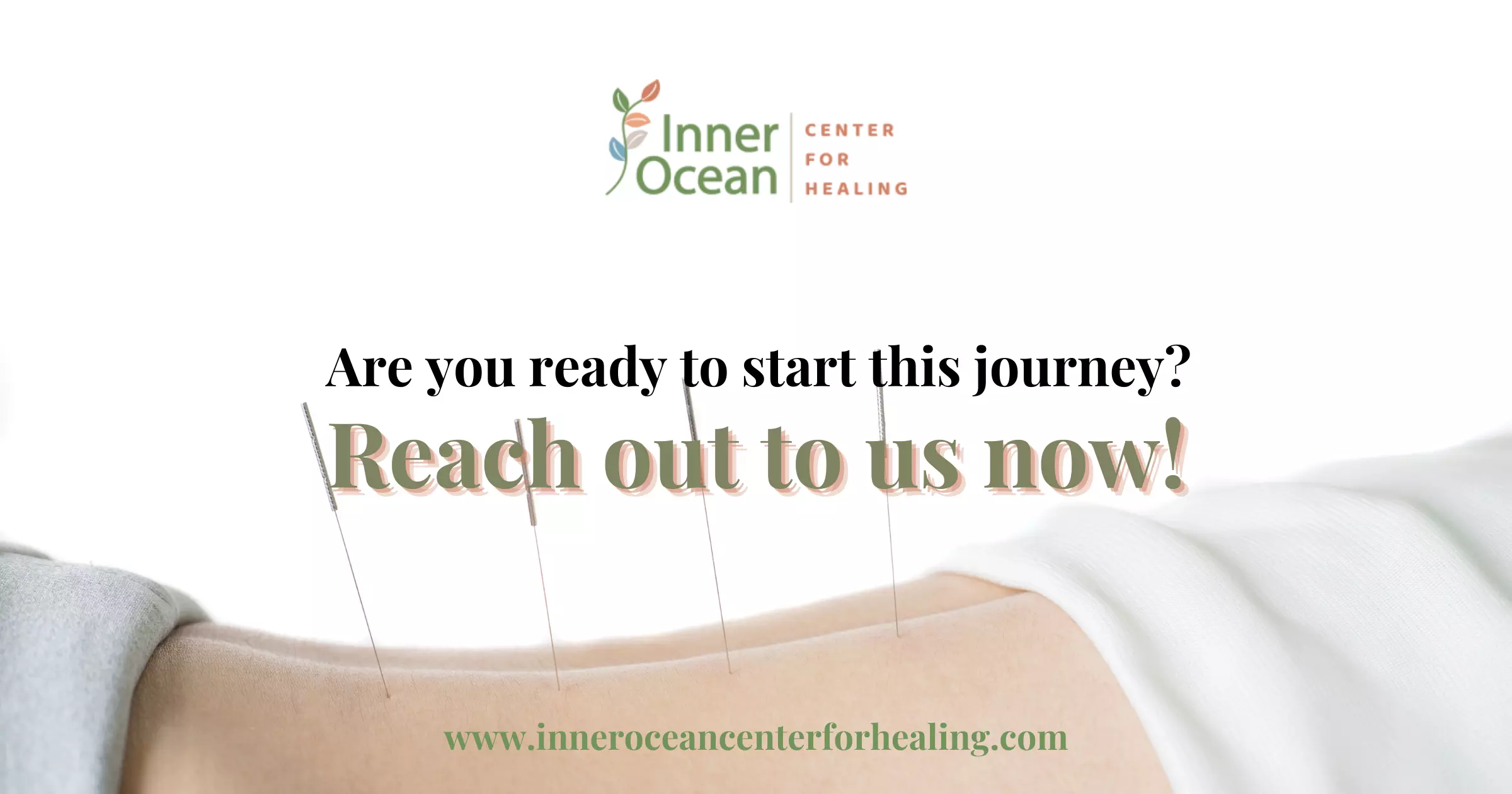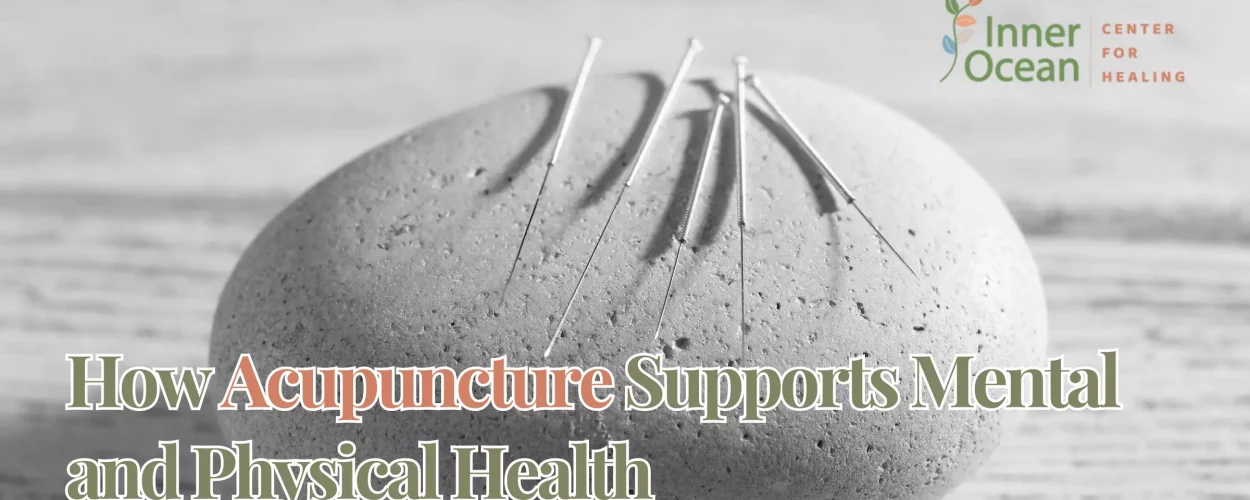Have you ever wondered how acupuncture for mental and physical health leads to positive results? As an integral part of Traditional Chinese Medicine, acupuncture has been practiced for thousands of years, yet it remains as relevant and beneficial today as it was centuries ago. It offers a unique blend of therapy that addresses physical ailments and mental health concerns, providing holistic healing that few other therapies can match.
It aims to harmonize the body’s energy levels, aligning them to promote overall well-being and robust health. In a world where conventional medicine often overlooks the deep interconnection between the mind and body, acupuncture stands out. It acknowledges that our mental and physical health are intricately linked, and a problem in one area can inevitably affect the other.
Are you interested in acupuncture and other forms of alternative medicine? Then how about we help you understand acupuncture’s various mental and physical health benefits?
Mental and Physical Health Benefits of Acupuncture
Acupuncture is a highly strategic procedure that leverages sterile needles to stimulate specific acupuncture points in the body, thereby restoring the natural flow of Qi, the essential life energy. Although the technique might sound intimidating, the actual experience is often likened to a feeling of deep relaxation and calm.
The potential benefits of acupuncture encompass physical and mental health domains, offering a holistic approach to overall well-being. This article seeks to delve deeper into these benefits.
Acupuncture uses needles to stimulate the body’s natural acupuncture points.
Physical Health Benefits
Acupuncture operates like an orchestral conductor, guiding the body’s various functions to work in a harmonious concert. Rather than narrowly focusing on a specific ailment, it employs a broad-based approach that addresses the entire body, leading to improvements across multiple health facets. The overarching aim of acupuncture is to bolster overall organ function, ensuring the body operates like a well-oiled machine.
Acupuncture can help with the following physical health issues:
- Rheumatoid Arthritis: Contemporary studies propose acupuncture as an effective treatment for managing pain and stiffness associated with rheumatoid arthritis, a chronic autoimmune disorder. The treatments reportedly enhance blood circulation and reduce inflammation, thus alleviating associated discomfort.
- Chronic Fatigue: By invigorating the body’s energy levels and eliminating excess energy, acupuncture provides a rejuvenating boost, combating the debilitating effects of chronic fatigue.
- Sleeping Disorders: Acupuncture acts as a natural lullaby, facilitating tranquil sleep by reinstating the body’s inherent sleep patterns and promoting the optimal activity of neurotransmitters involved in sleep regulation.
- Migraines: Individuals plagued with chronic migraines can find solace in acupuncture. It’s known to minimize the frequency of migraine attacks, thereby enhancing the quality of life.
- Chronic Back and Joint Pain: Acupuncture has gained recognition in clinical practice for its proficiency in mitigating chronic pain conditions, particularly those linked to the back and joints. By alleviating muscle pain and musculoskeletal pain, it eases daily life activities.
- Digestive Problems: Acupuncture aids in optimizing digestive function, offering relief for a plethora of digestive issues ranging from bloating to more chronic illnesses.
- Infertility: Intriguingly, acupuncture has proven beneficial in tackling infertility issues in women, making it a popular choice among couples seeking to conceive.
Mental Health Benefits
Acupuncture’s positive influence on mental health cannot be overstated, yet this facet is often overlooked. The technique’s impact on the activity of neurotransmitters and specific brain regions, including the amygdala, known for processing emotional stimuli, can significantly affect brain chemistry and mood regulation.
It can be used to treat the following mental health concerns:
Depression
Depression is mostly treated with antidepressants and other pharmaceuticals. These often cause more harm than good in many side effects, such as weight gain, low libido, and sleep disorders. Acupuncture can help relieve the symptoms and triggers of depression without the need for pharmaceuticals.
Anxiety
Professional acupuncturists can help treat anxiety and manage stress through acupuncture. Proper acupuncture treatments can slow the production of stress hormones and leave patients calm and relaxed. It can also help alleviate the symptoms of stress, like headaches, nausea, fatigue, and digestive issues. So, if you’re interested in improving your health without the need for invasive treatments and pharmaceuticals, consider contacting professional acupuncturists to reap acupuncture’s mental and physical health benefits!
Myths and Misconceptions about Acupuncture

Acupuncture, an ancient practice rooted in traditional Chinese medicine, is increasingly gaining acceptance in the realm of alternative treatment methodologies. However, like several other non-conventional treatments, misconceptions cloud the true benefits of acupuncture. This article aims to dispel some of these myths and provide a clear understanding. Check out our comprehensive discussion on acupuncture to learn more.
Misconception 1: Acupuncture induces pain
Contrary to popular belief, acupuncture, involving the use of extremely thin acupuncture needles, inflicts minimal to no discomfort. Patients often describe the experience as a mild tingling sensation attributed to the flow of energy or ‘Qi.’
Misconception 2: Acupuncture is solely beneficial for physical symptoms
It is a misapprehension that acupuncture only relieves physical ailments like chronic or musculoskeletal pain. Acupuncture offers a holistic approach to health, impacting the activity of neurotransmitters and specific brain regions, including the activity of the amygdala, an area involved in emotional responses. As such, acupuncture for anxiety, depression, and other mental health disorders is becoming increasingly common and effective in clinical practice.
Misconception 3: Acupuncture is a placebo
The effectiveness of acupuncture extends beyond the placebo effect. Evidence-based research indicates that acupuncture influences blood circulation, modulates the nervous system’s activity, and contributes to beneficial effects such as pain relief and improved cognitive function. Consequently, it constitutes an integral part of a comprehensive treatment plan, supplementing conventional medical treatment.
What to Expect During Your First Acupuncture Session

Understanding the process can alleviate any apprehension if you decide to undertake acupuncture therapy. Here’s a brief overview of what a typical first acupuncture session involves.
- The practitioner will discuss your health history, encompassing physical and mental health symptoms and your day-to-day life activities. This comprehensive evaluation is vital for personalizing your treatment plan.
- The practitioner will insert sterile acupuncture needles into specific points on your body, known as acupoints. These points align with your body’s energy pathways, and the needle insertion aims to alleviate any form of stagnation, thereby regulating the flow of energy.
- The needles are usually left in place for about 20-30 minutes. Patients typically experience a deep sense of relaxation during this period.
- The practitioner removes the needles. While immediate responses to the treatment can vary from relaxation to a surge in energy levels, consistent acupuncture sessions can gradually improve physical and mental health conditions.
This process, albeit seemingly intimidating initially, offers numerous health benefits when carried out under the guidance of an expert practitioner.
Recap: The Power of Acupuncture
We’ve traveled a long road, debunking myths and demystifying the world of acupuncture, a jewel from the treasure chest of traditional Chinese medicine. By now, it’s clear that acupuncture is more than just a treatment for physical ailments like chronic or musculoskeletal pain.
The effects of acupuncture include regulating our blood circulation, modulating our nervous system activity, and even helping us handle emotional issues. We’ve seen how this ancient practice aids not just in battling daily life stressors but also helps those struggling with anxiety disorders, depressive symptoms, or more severe mental health issues.
Say ‘Yes’ to Acupuncture
Now, how about integrating acupuncture into your wellness routine? Imagine a solution that doesn’t just slap a band-aid on the symptoms but dives deep, aiming to resolve the root cause. Whether managing a depressed mood, coping with a chronic migraine, or simply boosting your overall quality of life, acupuncture could be the supportive therapy you’ve been looking for.
But remember, it’s crucial to find authentic acupuncture treatment under skilled practitioners’ guidance for optimal results. If you still have questions, read our blog where we answered most of our clients’ common questions about acupuncture.
Inner Ocean Center for Healing: Your Partner in Wellness
At Inner Ocean Center for Healing, we’re committed to offering you an effective alternative to conventional medicine. With a deep understanding of the mechanisms of acupuncture, our skilled practitioners provide tailored treatments that account for your individual needs and medical conditions.
We believe in supporting our patients in their journey towards better mental and physical health, offering the relief they seek, minus the unwanted side effects of some Western medical treatments. With us, you’re a patient and a partner in your wellness journey.
Acupuncture for mental and physical health—it’s not just a treatment; it’s a lifestyle. And at Inner Ocean Center for Healing, we’re here to walk that path with you. Are you ready to start this journey?


